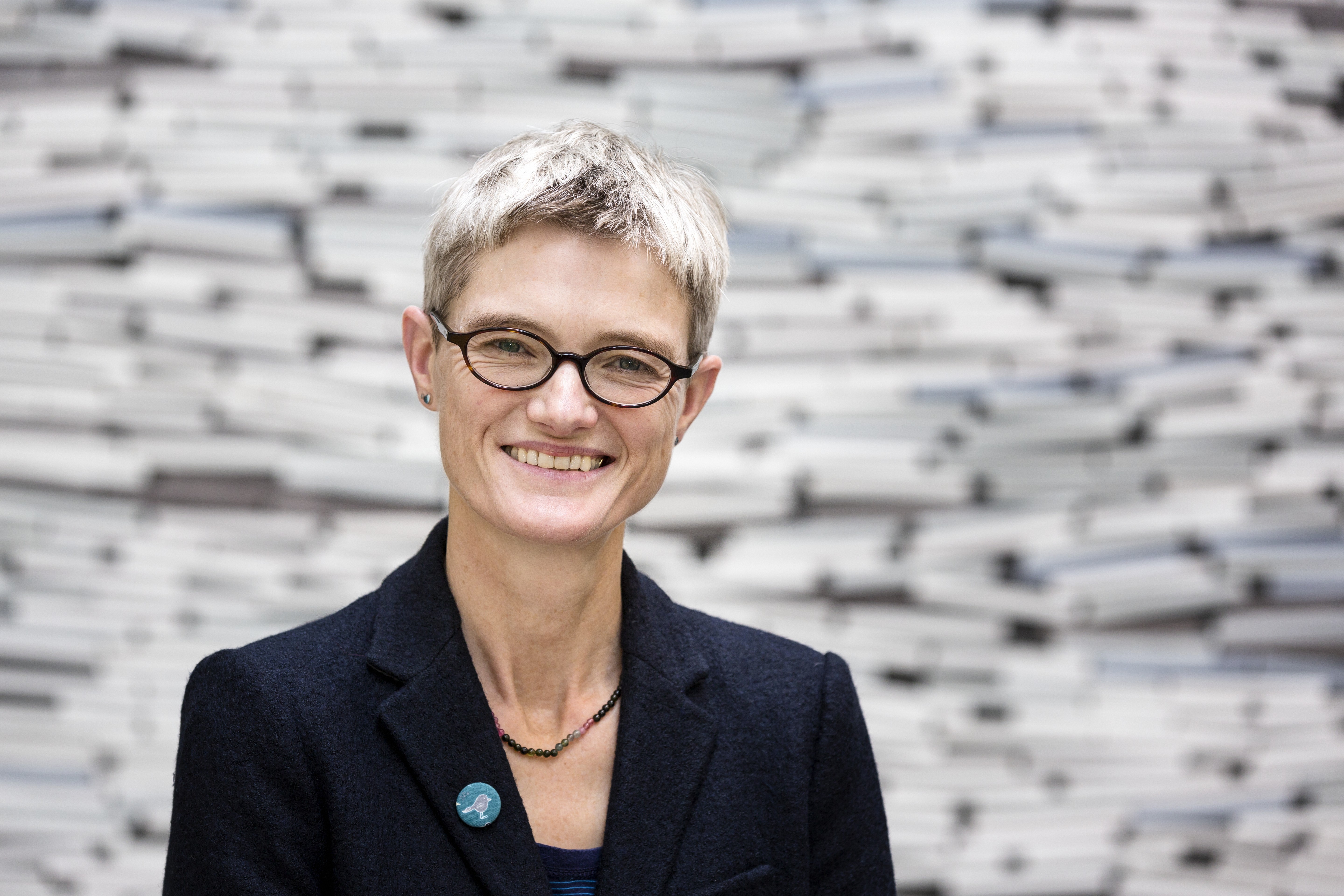
Jane Macnaughton has been a leader in the field of health humanities in Britain, from her position over 18 years as Co-Director of the Centre for Medical Humanities at Durham University. During this time, she has continued work as a clinician.
She was part of the core group that set up the Association for Medical Humanities in 2000 with support from the Nuffield Trust, and served as inaugural Secretary. She edited the journal Medical Humanities from 2002-2008. More recently, she played a key role in the establishment of the Northern Network for Medical Humanities Research in 2013. Between 2015 and 2017 she was Dean of Undergraduate Medicine at Durham.
Jane’s research has focused on the relationship between doctor and patient, as well as the patient’s embodied experience of symptoms. Aligned with her clinical work she has written extensively about people’s bodily experience before, during and after the clinical encounter. Key works include her 2007 book “Bioethics and the humanities: Attitudes and perceptions”, and her 2011 article “Medical humanities’ challenge to medicine”. With Havi Carel (Bristol), she currently holds a Senior Investigator Award from the Wellcome Trust for her project, the Life of Breath.
I had the pleasure of interviewing Jane on the 18th March, 2018. I was interested in issues of community-building, leadership and management in the medical humanities, topics that have seen surprisingly little public discussion but which are important for the survival and thriving of the field.
The interview begins by exploring the emergence and growth of the Centre for Medical Humanities at Durham, before then addressing how Jane has handled some of the challenges associated with leadership and management in the medical humanities. This includes dilemmas associated with community-building, the demands of building momentum whilst continuing to be responsive and listen, and the care required in mentoring early career researchers without job security, and issues of legitimacy and synergy in bridging humanities and clinical work.
Jane’s career spans a fascinating period of change and development, and the interview offers a particular and personal journey through major changes in the intellectual, ideological, and funding bases of the medical humanities in Britain.
Robbie Duschinsky (RD) – The Centre for Medical Humanities at Durham has been an important institution for research in the medical humanities within Britain. To me, it felt like the Centre had an important role in shaping the tone and scope of work in the medical humanities at the point I was entering the field six or seven years ago, including serving as a touchstone and a model. As a starting point for this interview, I would be very interested to hear about how it came about that, in 2000, the Centre for Medical Humanities at Durham got founded. What was it aiming to achieve?
Jane Macnaughton (RJM) – Sir Kenneth Calman had become the vice chancellor at Durham University. He was very interested in this whole field and invited me to apply for a post he was creating, which was to start a Centre at Durham. I had known Ken at Glasgow University: he was postgraduate Dean in Medicine at that time when I was there as Lecturer in General Practice, and we’d set up some set up some voluntary classes reading bits of literature for medical students, which had been very successful. Out of this, and during his time as Chief Medical Officer, Ken had got in touch with the Nuffield Trust and had persuaded them to put some money behind the field. Two conferences were set up. They were called the Windsor Conferences, held at Cumberland Lodge at Windsor in March 1998 and September 1999, and were an attempt to bring together the disparate elements of the field. One element was medical humanities, which was identified as particularly related to medical education. The second element was the arts therapies, and the third element was arts in community health and development. So three distinctive fields. And out of the two conferences came a resolution for two things: one that there would be a Centre set up, an academic centre for medical humanities or related ideas, and then the other would be that there would be a network set up for artists working in the field of health. So out of that came the Centre at Durham, supported by some funding from the Nuffield Trust, and the National Network for Arts and Health (NNAH) led by Lara Dose.
We initially called ourselves the Centre for Arts and Humanities in Health and Medicine, because we were trying to be comprehensive and bring in some of the arts and health work, which was quite strong in Durham, Newcastle and Gateshead at that particular time. Before I came to Durham I remember setting out a vision for what the structure would look like in an attempt to support the development of these different fields, the arts in health field, the educational field and the beginnings of thinking about how research in medical humanities might influence the evidence base and what happened in clinical care.